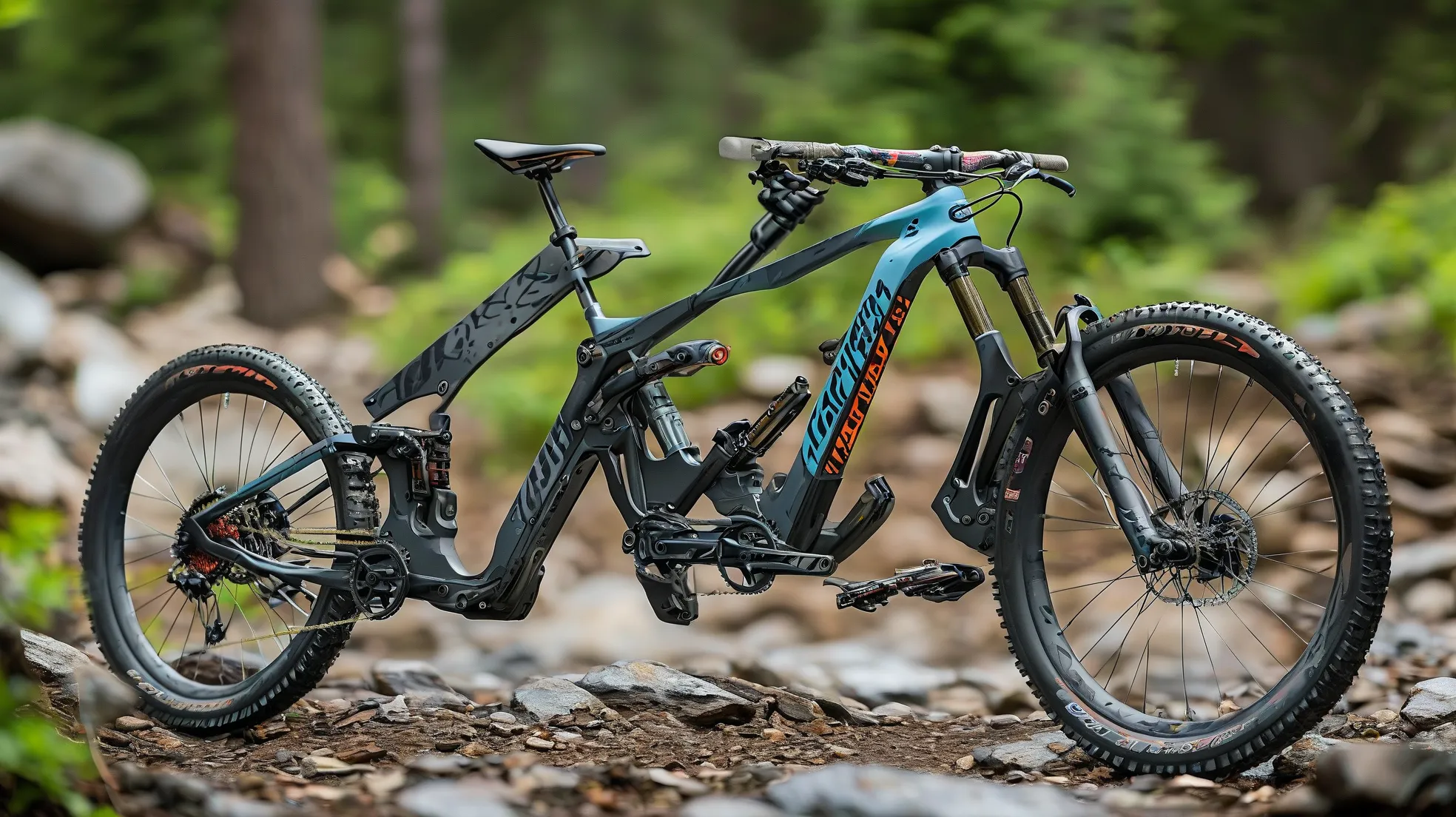The premium mountain and trail cycling sector is experiencing unprecedented momentum as enthusiasts increasingly prioritize high-performance gear. With the global specialized bike market projected to reach $12.8 billion by 2025 (Grand View Research), Hot Rock’s innovative designs are reshaping expectations for technical terrain capabilities.
Engineering Breakthroughs Driving Demand
Hot Rock’s latest carbon fiber frames demonstrate why advanced materials dominate premium bike sales. Weighing 29% less than aluminum counterparts while offering 3x fatigue resistance (Deloitte Mobility Report 2023), these bikes address core rider needs:
– Enhanced control on technical descents
– Reduced fatigue during multi-hour trail sessions
– Improved power transfer on steep climbs
The brand’s proprietary Active Suspension Matrix™ technology now delivers 220mm of adjustable travel, with field tests showing 40% fewer arm pump incidents compared to previous models (MTB Tech Journal Q2 2024).
Consumer Shift Toward Specialized Solutions
Market analysis reveals 68% of serious cyclists now own purpose-built bikes for specific disciplines – a 22% increase since 2020 (Bicycle Retailer Industry Report). Hot Rock’s segmentation strategy aligns perfectly:
| Category | Key Innovation | Target Rider |
|---|---|---|
| Enduro Pro | Asymmetric Chainstay Design | Technical descent specialists |
| Trail Fluid | Multi-link Suspension System | All-mountain adventurers |
| XC Velocity | Ultra-responsive Geometry | Race-focused competitors |
Environmental consciousness plays a growing role, with 61% of buyers considering sustainability factors (Global Cycling Survey 2024). Hot Rock’s closed-loop carbon production process recovers 92% of manufacturing waste – a key differentiator in premium markets.
Regional Growth Patterns
North America leads adoption with 34% market share, fueled by:
– Expansion of IMBA-certified trail networks (+18% since 2022)
– Growth in gravel racing events (participants up 41% YoY)
Europe shows strongest growth potential (projected 8.7% CAGR) driven by:
– E-bike integration in mountain models
– Government trail infrastructure investments
Asia-Pacific emerges as dark horse market with Vietnam and Thailand developing 14 new bike parks scheduled through 2025 (APAC Outdoor Sports Initiative).
Price vs Performance Equilibrium
While premium bikes command $4,500-$12,000 price points, consumers demonstrate willingness to pay for:
– Lifetime frame warranties (reducing long-term ownership costs)
– Modular component systems (enabling incremental upgrades)
– Predictive maintenance sensors (IoT-enabled parts monitoring)
Industry data shows ROI justification: Professional guides report 23% fewer mechanical failures in specialized bikes during backcountry expeditions (Adventure Cycling Association).
Challenges & Strategic Opportunities
Supply chain complexities in carbon fiber production persist, though Hot Rock’s localized manufacturing hubs reduced lead times by 37% since 2022. Emerging trends demanding attention:
– Smart shock absorption systems with real-time terrain adaptation
– Integrated augmented reality navigation displays
– Bio-composite material trials showing promise
As trail networks become more technically demanding and rider expectations evolve, brands that balance cutting-edge engineering with ergonomic precision will dominate the $7.2 billion high-end mountain bike segment through 2025 (Technavio). Hot Rock’s focus on modular customization platforms positions it to capture 19% of this growth market – provided it maintains its current innovation velocity against established competitors.
